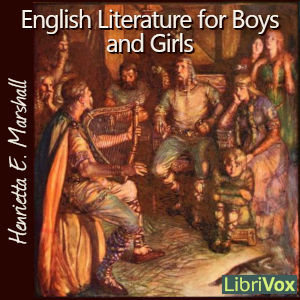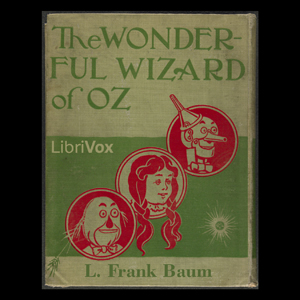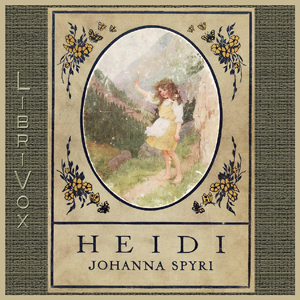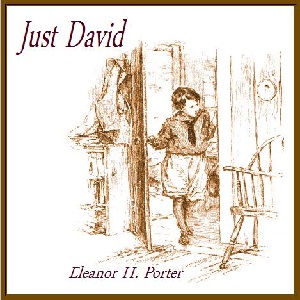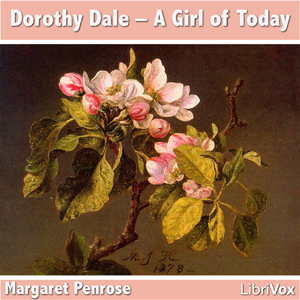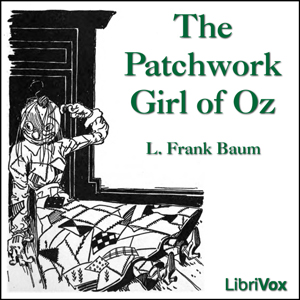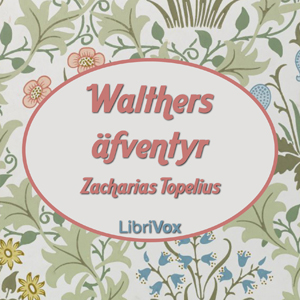- Chapter I: In the Listening Time
- Chapter II: The Story of the Cattle Raid of Cooley
- Chapter III: One of the Sorrows of Story-telling
- Chapter IV: The Story of a Literary Lie
- Chapter V: The Story of Fingal
- Chapter VI: About Some Old Welsh Stories
- Chapter VII: How the Story of Arthur was Written in English
- Chapter VIII: The Beginning of the Reading Time
- Chapter IX: "The Passing of Arthur"
- Chapter X: The Adventures of An Old English Book
- Chapter XI: The Story of Beowulf
- Chapter XII: The Father of English Song
- Chapter XIII: How Caedmon Sang, and How He Fell Once More on Silence
- Chapter XIV: The Father of English History
- Chapter XV: How Alfred the Great Fought With His Pen
- Chapter XVI: When English Slept
- Chapter XVII: The Story of Havelok the Dane
- Chapter XVIII: About Some Song Stories
- Chapter XIX: "Piers the Ploughman"
- Chapter XX: "Piers the Ploughman" - continued
- Chapter XXI: How the Bible Came to the People
- Chapter XXII: Chaucer - Bread and Milk for Children
- Chapter XXIII: Chaucer - "The Canterbury Tales"
- Chapter XXIV: Chaucer - At the Tabard Inn
- Chapter XXV: The First English Guide-Book
- Chapter XXVI: Barbour - "The Bruce," The Beginnings of a Struggle
- Chapter XXVII: Barbour - "The End of the Struggle"
- Chapter XXVIII: A Poet King
- Chapter XXIX: The Death of the Poet King
- Chapter XXX: Dunbar - The Wedding of the Thistle and the Rose
- Chapter XXXI: At the Sign of the Red Pale
- Chapter XXXII: About the Beginning of the Theater
- Chapter XXXIII: How the Shepherds Watched Their Flocks
- Chapter XXXIV: The Story of Everyman
- Chapter XXXV: How a Poet Comforted a Girl
- Chapter XXXVI: The Renaissance
- Chapter XXXVII: The Land of Nowhere
- Chapter XXXVIII: The Death of Sir Thomas More
- Chapter XXXIX: How the Sonnet Came to England
- Chapter XL: The Beginning of Blank Verse
- Chapter XLI: Spenser - The "Shepherd's Calendar"
- Chapter XLII: Spenser - The "Faery Queen"
- Chapter XLIII: Spenser - His Last Days
- Chapter XLIV: About the First Theaters
- Chapter XLV: Shakespeare - The Boy
- Chapter XLVI: Shakespeare - The Man
- Chapter LXVII: Shakespeare - "The Merchant of Venice"
- Chapter XLVIII: Jonson - "Every Man in His Humour"
- Chapter XLIX: Jonson - "The Sad Shepherd"
- Chapter L: Raleigh - "The Revenge"
- Chapter LI: Raleigh - "The History of the World"
- Chapter LII: Bacon - New Ways of Wisdom
- Chapter LIII: Bacon - The Happy Island
- Chapter LIV: About Some Lyric Poets
- Chapter LV: Herbert - The Parson Poet
- Chapter LVI: Herrick and Marvell - Of Blossoms and Bowers
- Chapter LVII: Milton - Sight and Growth
- Chapter LVIII: Milton - Darkness and Death
- Chapter LIX: Bunyan - "The Pilgrim's Progress"
- Chapter LX: Dryden - The New Poetry
- Chapter LXI: Defoe - The First Newspaers
- Chapter LXII: Defoe - "Robinson Crusoe"
- Chapter LXIII: Swift - The "Journal to Stella"
- Chapter LXIV: Swift - "Gulliver's Travels"
- Chapter LXV: Addison - The "Spectator"
- Chapter LXVI: "Steele - The Soldier Author
- Chapter LXVII: Pope - "The Rape of the Lock"
- Chapter LXVIII: Johnson - Days of Struggle
- Chapter LXIX: Johnson - The End of the Journey
- Chapter LXX: Goldsmith - The Vagabond
- Chapter LXXI: Goldsmith - "The Vicar of Wakefield"
- Chapter LXXXII: Burns - The Plowman Poet
- Chapter LXXIII: Cowper - "The Task"
- Chapter LXXIV: Wordsworth - The Poet of Nature
- Chapter LXXV: Wordsworth and Coleridge - the Lake Poets
- Chapter LXXVI: Coleridge and Southey - Sunshine and Shadow
- Chapter LXXVII: Scott - The Awakening of Romance
- Chapter LXXVIII: Scott - "The Wizard of the North"
- Chapter LXXIX: Byron - "Childe Harold's Pilgrimage"
- Chapter LXXX: Shelley - The Poet of Love
- Chapter LXXXI: Keats - The Poet of Beauty
- Chapter LXXXII: Carlyle - The Sage of Chelsea
- Chapter LXXXIII: Thackeray - The Cynic?
- Chapter LXXXIV: Dickens - Smiles and Tears
- Chapter LXXXV: Tennyson - The Poet of Friendship
"Has there ever been a time when no stories were told? Has there ever been a people who did not care to listen? I think not."
Thus begins a journey through the history of English literature, from the early middle ages to the Victorian era. The young person will experience the most well-loved characters of all time, from Beowulf, the warrior who dares to challenge a terrifying and bloodthirsty monster, to virtuous Una of The Faerie Queene, faithful to the end. H. E. Marshall masterfully weaves selections from the stories into her own retelling, leaving the reader with a keen appreciation for the great books that have become the foundation of Western culture. - Summary by cadastra
There are no reviews for this eBook.
There are no comments for this eBook.
You must log in to post a comment.
Log in

